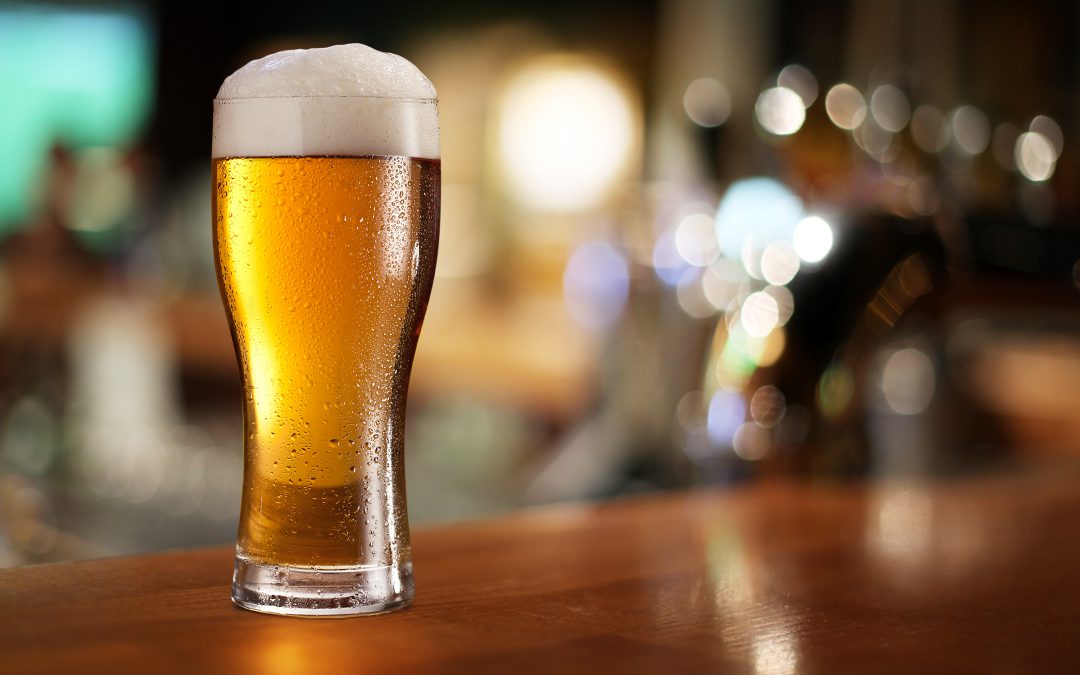I’ve just spent a couple of weeks in Canada. Part pleasure, part business. At the time of writing I am a day or so away from returning to New Zealand.
It’s often said that New Zealanders have a lot in common with Canadians. We are all the product of living in smaller countries with bigger, brasher neighbours. As a result, the people are similar. Friendly, helpful and easy going.
Presently, both countries have young, populist prime ministers who are highly visible on the world stage despite struggling to get things done effectively at home.
However, when it comes to the day to day activities of everyday life, the similarities are not so obvious.
I have often been critical of the quality of customer service we receive at home. Whether it’s a retail experience, dealing with a tradesman or waiting to be served at a restaurant, the Kiwi way doesn’t compare with what we experience in other countries, particularly our nearest neighbours across the ditch.
However, my recent Canadian adventures would suggest that we don’t know how lucky we are.
In a retail environment it is almost impossible to get assistance unless you walk around the store, seek out someone who looks like they work there, interrupt them from the conversation they are having with one of their colleagues and get their attention. Sometimes, you might even have to distract them from their phone, and their social media feed, in order to get them engaged in your enquiry.
Even then, their interest in your problem is fleeting, and they quickly return to what they were doing before.
It’s hard to become an expert observer in a couple of weeks, but one of the problems here is that, like New Zealand, retail is not a career option. As a result shops and malls are full of students, many of whom are from overseas, working part time, with little interest in being there. Compare that to the US shopping experience, where we will often interact with career retail people, who are incentivised, knowledgable and motivated to help you out and maximise your spend.
The bar and restaurant sector is an area where I am often highly critical of the customer experience I receive at home. However, despite our failings, we Kiwis are superstars compared to the Canadians.
The problem here appears to be a function of the tipping mentality. This results in people who are not available to serve you because you are not their customer. It also creates artificial layers of workers – think Maitre D, Waiter, Barman, table clearer – none of whom are prepared to do what the other should be doing. In other words someone will pick up your empty glass, but they won’t take an order for another drink. They will advise your waiter who will come when they can. And you can’t go to the bar to get a drink. You have to wait for your waiter to come to you.
This clumsy approach to running a relatively small business operation results in lost revenue.
A couple of nights ago, a group of six of us went to a local Whistler restaurant for dinner. As we were unable to book, we had to arrive, put our name down and wait for a table. I went along a few minutes earlier than the rest of the team to get our name down. However on my arrival I was advised that they wouldn’t take a name until “all six of us were here”. So I enquired about having a drink while I waited. No, I couldn’t do that either.
So I waited, and my friends arrived over the next 15 minutes. With one still to arrive, I enquired again, where, after a long and awkward pause, I was met with the following response: “What you are asking runs counter to our protocols, but it’s the off season so we’re prepared to show a little flexibility”. I immediately realised that our custom was not as important as their ‘protocols’.
It’s worth noting at this point that the restaurant had three six-seat tables empty and no one waiting!
So we took our seats and waited for fifteen minutes until our waiter arrived to take a drinks order. The drinks then took another 15 minutes to arrive, which eventually only happened after some prompting from us.
Here’s the point. While five of us waited they could have sold us a round of drinks. Let’s say that’s $60 in lost revenue. In the first thirty minutes after we sat down, they could have sold us another round of drinks. That’s $120 of lost revenue, solely because of inept service.
I am forever saying to people that delivering great customer service is not a cost. It is a revenue generation exercise.
As it turned out, the food was good and we had an enjoyable evening. Of course, when it came to pay the bill, the prompt on the credit card machine automatically added an 18% tip.
The irony is this. The term TIPS, was originated as an acronym. It stands for ‘To Insure Prompt Service’.
This article first appeared on Stuff.co.nz on the 16th of September, 2019.

Recent Comments